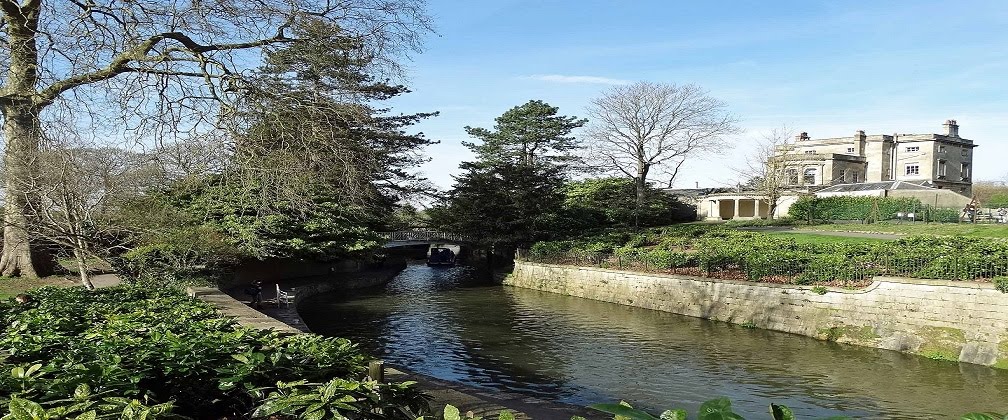Shortlist.com Fiction Competition
The winner will receive 12 months coaching, which includes four face to face meetings, and interim reports by email. If the winner doesn't live in London, it can be done by Skype.
There will be ten shortlisted entries which will be assessed by an expert panel of judges (from Shortlist, and Greene & Heaton) and published online.
So here's the basic stuff.
You must be U.K resident and over 18.
Send the opening 500-1,000 words of your novel to online@shortlist.com and it must be 'written and formatted on a Word document only'. Entry is online only.
Closing date 5th December 2014.
Do make sure you read the rules completely.
* * *
Words with Jam: Bigger Short Story Competition 2014
This has 3 categories.
Short story up to 2500 words on any theme; shorter story up to 1,000 words, and the shortest story category for up to 250 words.
Closing date is the 31st October- the end of this month.
There's cash for 1st-3rd place winners in each category, and 5 runners-up in each category receive £10 and will be published in their anthology- and receive a copy.
The judges for the respective categories are: Emma Darwin, Sam Jordison, and Debbie Young.
Entry fees: First story submitted £6, and £4 per story from then on- whatever the category is. Can be paid by Paypal or cheque.
You must be 16 and over to enter.
Full details can be read here, and ensure you follow the instructions.
No one wants to pay an entry fee and then realise their story won't be considered because they didn't follow the instructions precisely. :(
If you enter any of these competitions, good luck. :-)

